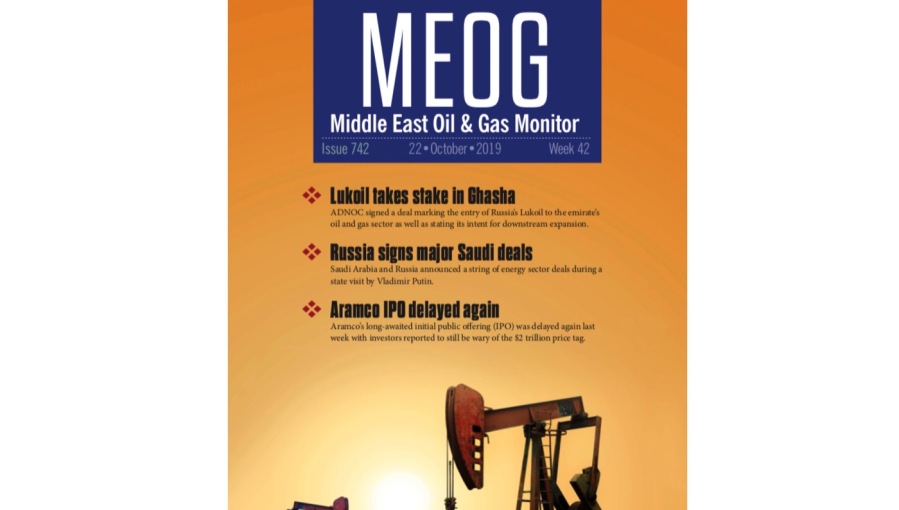MEOG: Eridu plans and Kuwait’s transition

This week’s MEOG looks at Lukoil’s plans for a southern Iraqi oilfield and comments by Kuwait’s Oil Minister about the country’s energy transition.
Iraq’s Ministry of Oil (MoO) said this week that it has received a development plan for the Eridu oilfield from Russia’s Lukoil, envisaging peak production of 250,000 barrels per day (bpd).
Eridu, which is located in the southern Block 10 concession, was discovered in 2016 and is estimated to hold 7bn-12bn barrels of oil. Lukoil is the operator and holds 60% in the field’s technical services contract (TSC) in which it is partnered by Japan’s Inpex Corp., which holds the remainder.
The companies applied to state-owned Dhi Qar Oil Co. (DQOC) “for commerciality of reserves and filed a preliminary proposal on the development of the Eridu oilfield within Block-10,” according to the MoO.
This follows the announcement by Lukoil in July that it had agreed terms with the MoO for Eridu’s development, targeting an initial rate of 30,000 bpd by 2024. The maximum remuneration rate for Block 10, which was awarded in the fourth licensing round, is $5.99 per barrel of oil equivalent (boe), though these terms are also understood to be subject to ongoing amendment discussions.
Meanwhile, Kuwaiti Oil Minister Mohammed Al Fares this week repeated intentions to ramp up oil production, though made some preliminary comments about the country’s plans to embark on the energy transition.
Until now, Kuwait has been the most hesitant of the Gulf oil-producing nations on engagement with renewables and lower-carbon energy sources. Speaking at ADIPEC this week, Al Fares said: “We looked at the transition issue in a way that we need to make sure that we have to have a very clear plan, deliverable, wise and, at the same time, the economical factor is looked into.”
He added: “We are putting a plan right now where we are trying to look at all different mixtures. And we are starting, [since] everybody is starting in this region with renewables related to solar.” Plans appear to centre around a 2-GW wind and solar project, which Al Fares said would be tendered by the Kuwait Authority for Partnership Projects and will take the form of a “joint venture between the government and the private sector”.


Follow us online